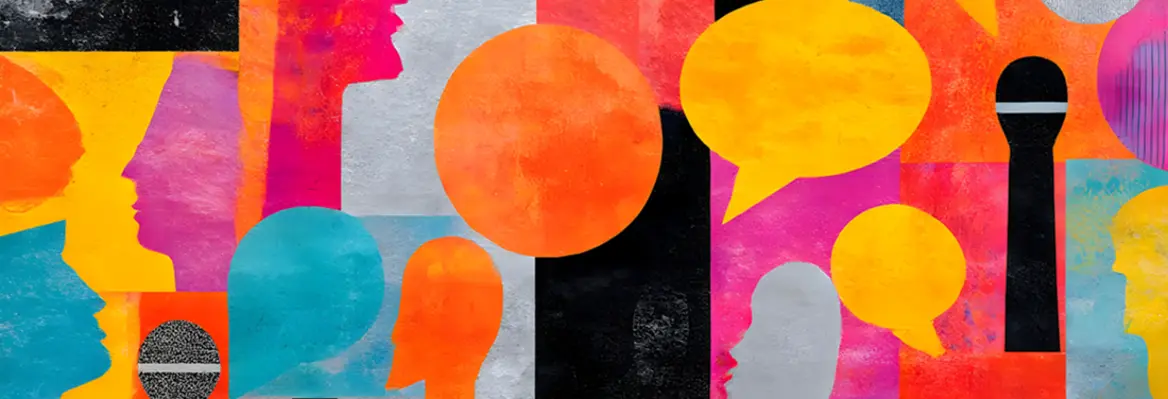Multiple studies now point towards the idea that animals have language and speak to each other, sometimes in great detail. In this interview, University of Amsterdam philosopher, Eva Meijer, argues we should include animals and other species as political actors, with voices, in a democratic community. Drawing on Wittgenstein, political philosophy and philosophy of language, Meijer argues for the need to continue expanding our notion of politics to include animals, plants, and other natural entities on moral grounds and in order to make better decisions in an age threatened by climate disaster.
We are here to discuss your recent book, which has a proposal for an experimental new way of organizing humans and other species for politics. Could you briefly explain what this proposal, which you call a multispecies assembly, is and how you developed it?
The idea of a multispecies assembly comes from different directions. On the one hand, it recognizes that we as humans need to rethink democracy in order to move forward in a time of climate crisis and democratic threats; and on the other, it recognizes the abundance of new research on non-human animal capacities, but also plant capacities, and the forms of interdependence between humans and what is often called the natural world, other living beings, now and in the future.
Multispecies assemblies are spaces for decision-making in which different species that live in a certain place come together and discuss questions of common importance. Sometimes directly, in processes of question and response, similar to how humans speak to one another; and sometimes much more indirectly, through interventions in the landscape, learning processes between different species, and political experiments.
SUGGESTED VIEWING Language, animals and us With Joanna Kavenna, Raymond Tallis, Jennifer Ackerman
Multispecies assemblies can in our times function as spaces for getting to know more-than-humans better and developing forms of interaction that are respectful and holistic. But they can perhaps also function as a form of government in shared multispecies communities.
I think a lot about the connections between language and politics. Due to the influence of social media on political discussion and debate, as well as the form our news media takes, many humans speak in monologues – they have one-sided conversations by themselves that follow only one kind of logic.
This is very problematic because we share the world with many others who have different views from us, different lives, different perspectives. So I have been thinking a lot about how to include these different perspectives and voices into another kind of democratic model.
When I was researching this I soon encountered the model of the assembly. There’s currently a lot of attention on Citizens’ Assemblies. These are models for doing democracy where a representative group of citizens is brought together, informed and educated about the question they will discuss, and then enters a process of decision-making. Citizens Assemblies are, for example, used in decision-making on the climate crisis. Political parties, in contrast, often do not think past four-year election cycles and are tied to the interests of the group that they represent. Citizens Assemblies come up with better solutions. The assembly, by the way, is an ancient model of political decision-making, used by the ancient Greeks and also different non-Western cultures for collective decision-making about their community.






















Join the conversation